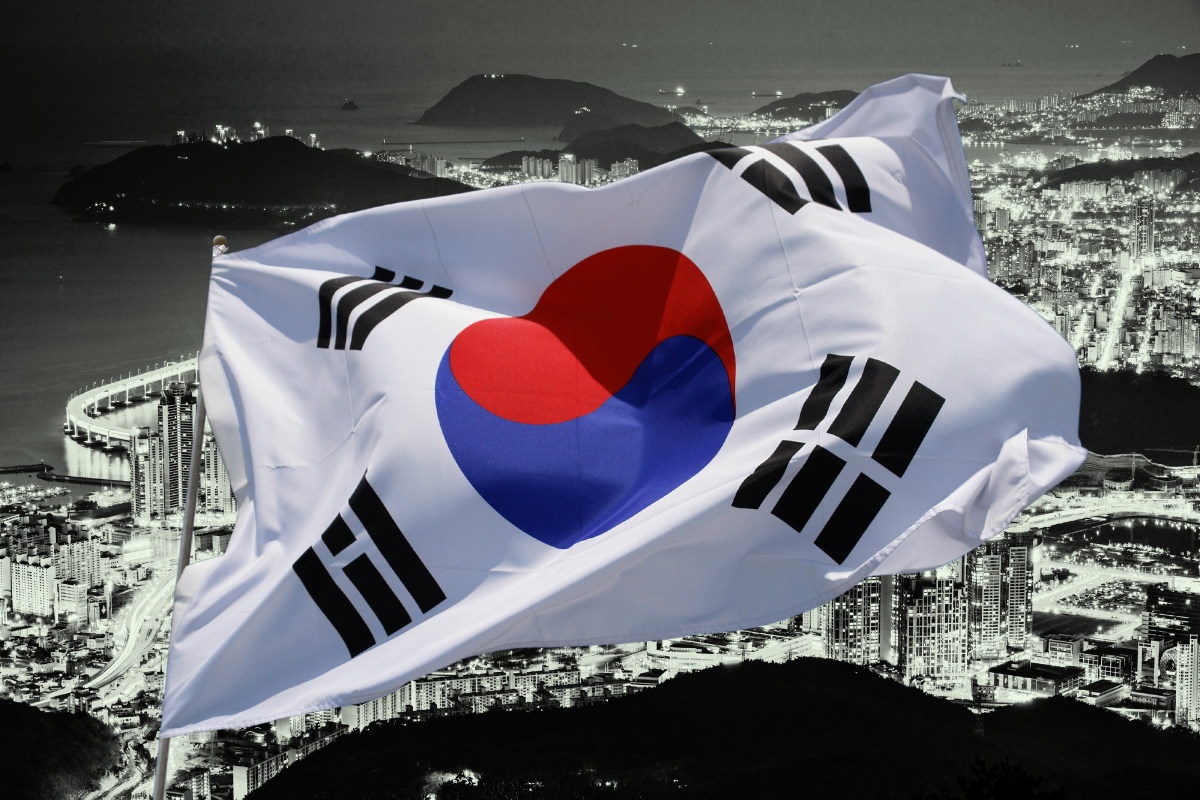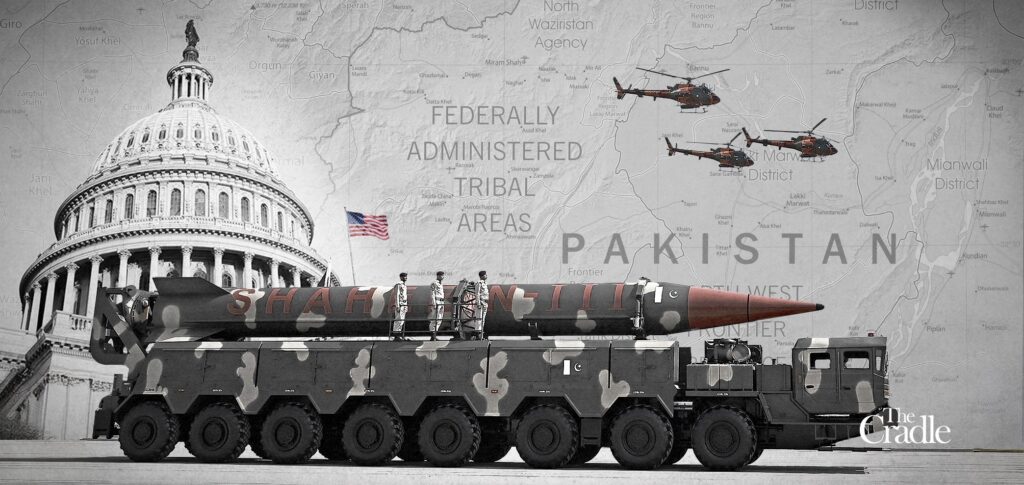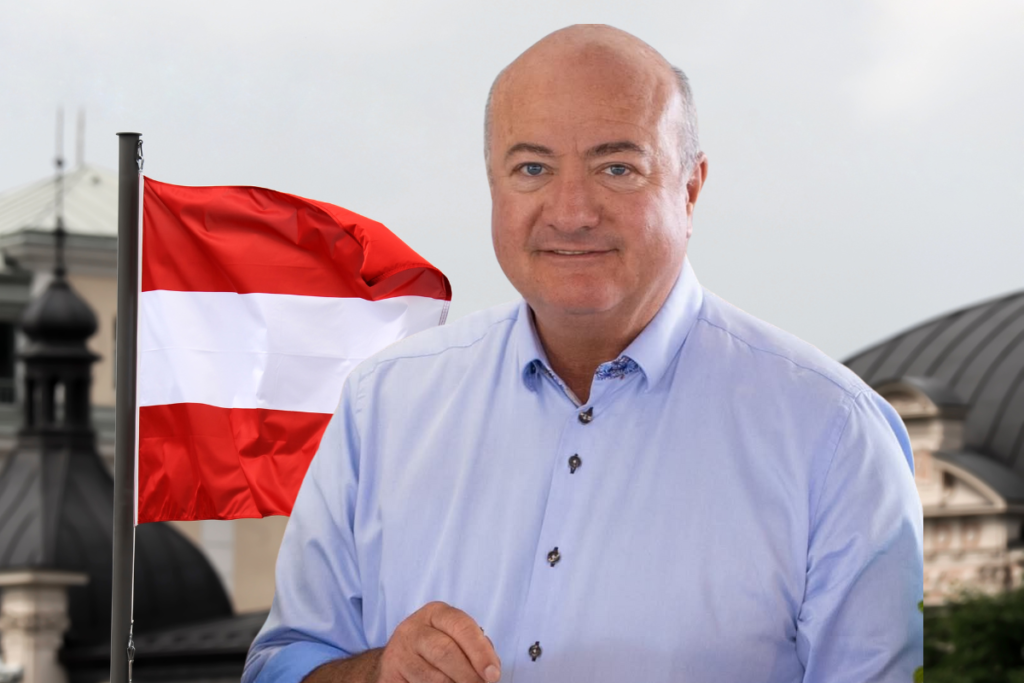In an unprecedented political drama, South Korea’s President Yoon Suk Yeol faces an impeachment trial and potential arrest following his brief imposition of martial law last month. The Constitutional Court commenced proceedings on Saturday, 14 December 2024, to deliberate on the National Assembly’s decision to impeach Yoon, marking a critical juncture in the nation’s democratic trajectory.
The impeachment motion, passed by a significant majority in the National Assembly, was triggered by Yoon’s declaration of martial law on 3 December. This drastic measure, intended to counter what Yoon described as “anti-state activities” by the opposition, was met with widespread public outcry and accusations of authoritarianism.
The martial law decree, which lasted only six hours, involved deploying military forces to the National Assembly, a move unseen in South Korea since the era of military dictatorships.
As the Constitutional Court begins its review, it has up to six months to decide whether to uphold the impeachment, which would permanently remove Yoon from office, or to reinstate him. In the interim, Prime Minister Han Duck-soo has assumed the role of acting president, tasked with steering the country through this turbulent period.
Compounding Yoon’s predicament is a criminal investigation into charges of insurrection and abuse of authority related to his martial law declaration. Investigators from the Corruption Investigation Office and the police have made multiple attempts to detain Yoon for questioning.
However, these efforts have been thwarted by the presidential security service, resulting in tense standoffs at Yoon’s official residence. The most recent attempt on 3 January led to a six-hour impasse, highlighting the escalating tensions between the presidency and law enforcement agencies.
Yoon, who remains confined to his residence, has been defiant, pledging to “fight to the end” against what he perceives as unjust proceedings. In a televised address, he defended his actions, alleging that the opposition’s obstruction of government functions necessitated the imposition of martial law.He also claimed, without substantiation, that North Korea had hacked the election commission, casting doubt on the integrity of recent elections. The political crisis has deeply polarized South Korean society.
Thousands of citizens have taken to the streets in rival protests, with supporters rallying behind Yoon’s assertions of safeguarding national security, while opponents condemn his actions as a dangerous overreach of executive power. The situation has also led to resignations within the ruling People Power Party (PPP), including that of its leader, Han Dong-hoon, who supported the impeachment, citing the need to uphold democratic principles.
Internationally, the turmoil has raised concerns among South Korea’s allies. Japanese Foreign Minister Takeshi Iwaya is scheduled to visit Seoul to discuss security cooperation, a visit that comes amid the political instability.
The United States has expressed confidence in South Korea’s democratic processes but is closely monitoring the situation, given the strategic importance of the region. The Constitutional Court’s deliberations are expected to be thorough, with public hearings that could extend over several months.
The court’s decision will not only determine Yoon’s political fate but also set a precedent for the limits of presidential authority in South Korea’s democracy. As the nation awaits the outcome, the unfolding events serve as a testament to the resilience and challenges of democratic governance in the face of internal crises.



